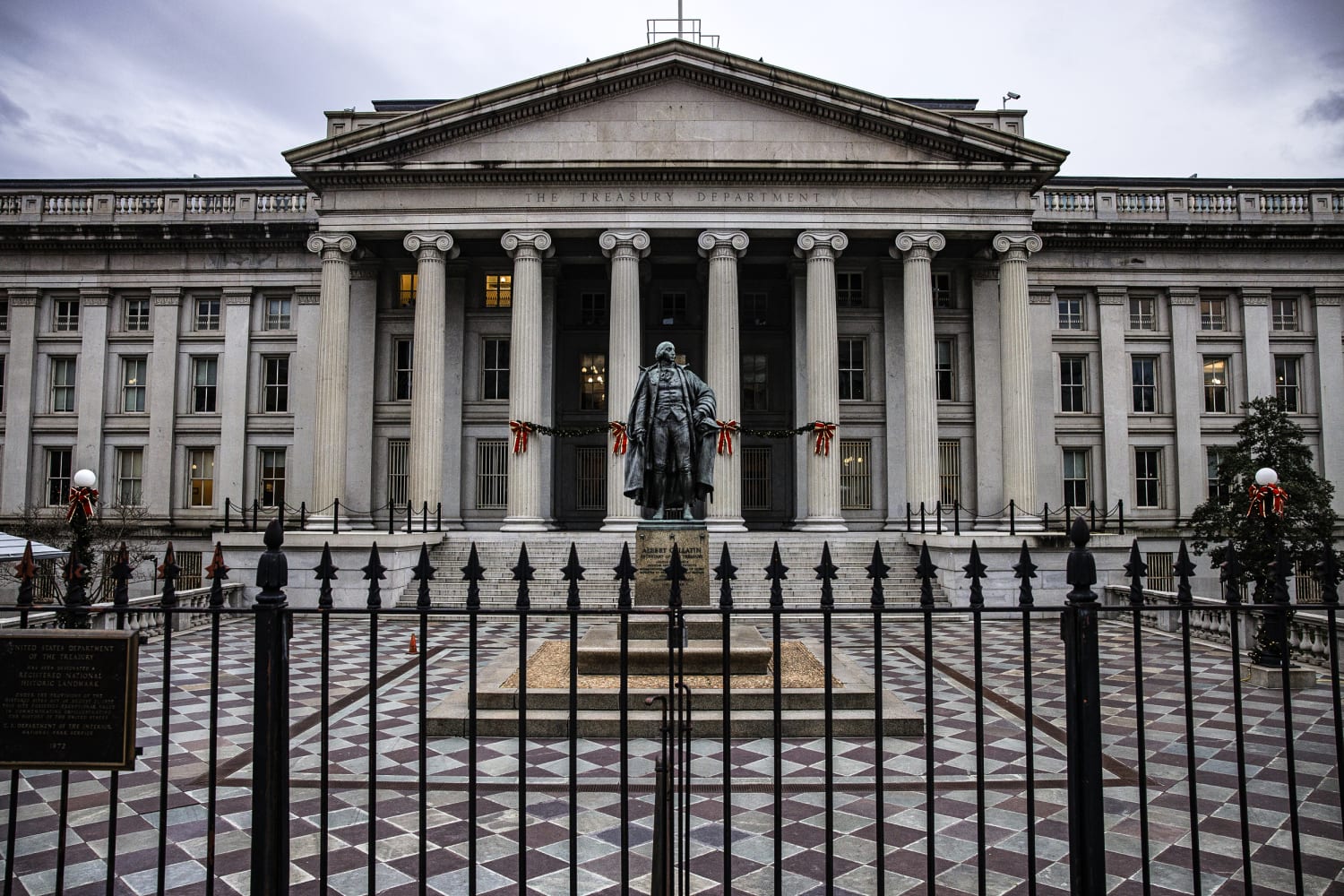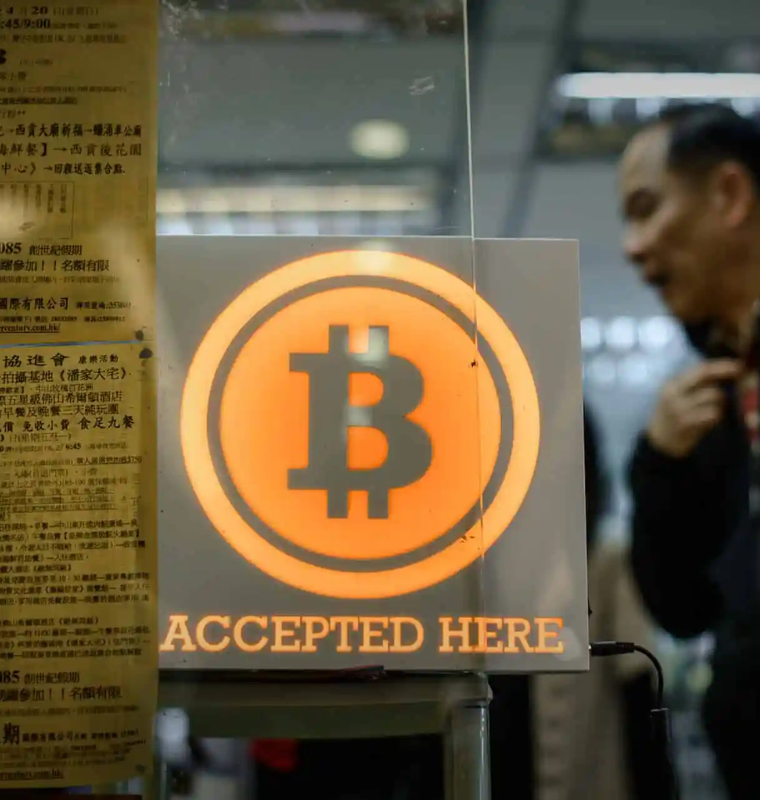U.S. Sanctions North Korean Bankers Accused of Laundering Billions in Stolen Crypto
U.S. Sanctions North Korean Bankers Accused of Laundering Billions in Stolen Crypto
By
Junia Wells
Last updated:
November 4, 2025
First Published:
December 2, 2025

Photo: NBC News
The Expanding Battlefield of Digital Finance
In a move that underscores the intersection of geopolitics and cryptocurrency, the United States has imposed new sanctions on several North Korean bankers accused of laundering billions in stolen digital assets. This latest enforcement action highlights how cryptocurrencies have become not only tools for innovation but also instruments for global cybercrime. The decision reflects Washington’s growing determination to cut off Pyongyang’s financial pipelines, which reportedly fund its nuclear and weapons programs.
The Network Behind the Laundering Scheme
According to intelligence findings, North Korean operatives have built an intricate web of financial networks across Asia and the Middle East. These networks allegedly rely on shell companies, brokers, and digital wallets to conceal the origins of stolen cryptocurrency. Once the funds are moved through several layers of blockchain transactions, they are converted into stable assets like Tether or even into fiat currencies using overseas accounts. The complexity of these operations makes tracing and recovery exceptionally difficult for regulators.
How the Hacks Begin
The stolen crypto often originates from sophisticated cyberattacks on global exchanges and DeFi platforms. North Korea’s state-sponsored hacking group, widely known as Lazarus, has been linked to numerous high-profile breaches over the years. By targeting vulnerabilities in smart contracts, private keys, or software integrations, these hackers can siphon off large sums within minutes. The stolen assets are then funneled into laundering systems managed by financial operatives posing as legitimate traders.
The U.S. Strategy for Disruption
The new sanctions are part of a broader effort by the U.S. Treasury Department to disrupt illicit crypto flows. By freezing assets and cutting access to international banking systems, Washington hopes to isolate individuals and institutions involved in laundering stolen digital funds. This approach also serves as a warning to crypto exchanges and financial firms worldwide to strengthen their anti-money-laundering frameworks. Any platform found facilitating such activity could face legal repercussions.
Global Cooperation Gaining Momentum
Countries across Europe and Asia are joining hands with U.S. authorities to track and trace stolen funds. International cooperation has become critical because the decentralized nature of cryptocurrency allows criminals to move assets across borders almost instantly. By sharing blockchain data and enhancing cyber forensic capabilities, global law enforcement agencies aim to limit North Korea’s ability to exploit the crypto economy for illicit gains.
The Cryptocurrency Industry’s Response
Leading crypto exchanges and blockchain analytics firms have responded swiftly to the news. Many platforms have updated their compliance systems to flag suspicious transactions and freeze wallets linked to sanctioned individuals. Developers are also integrating real-time risk monitoring tools that can detect anomalies across blockchain networks. These steps signal an industry-wide recognition that the fight against cyber-laundering requires both vigilance and innovation.
North Korea’s Dependence on Digital Assets
For Pyongyang, cryptocurrencies have become a crucial source of hard currency in the face of international economic isolation. Traditional banking restrictions have pushed the regime to explore alternative financial routes, with digital assets offering a discreet and borderless option. Experts believe that these funds are used to finance military development, bypassing global sanctions meant to contain North Korea’s strategic ambitions. This has made the crypto sector a key target of international scrutiny.
Impact on the Global Crypto Ecosystem
The sanctions have broader implications beyond North Korea. They serve as a reminder that the same technology that powers financial inclusion can also be weaponized for criminal gain. Investors, exchanges, and developers are now under greater pressure to implement security measures and enhance transparency. Governments, in turn, are re-evaluating their policies to ensure that innovation does not come at the cost of global financial security.
Challenges in Enforcement
Despite growing regulatory oversight, enforcing crypto sanctions remains a challenge. Criminal networks adapt quickly, using privacy coins, decentralized exchanges, and cross-chain bridges to hide their tracks. Moreover, the decentralized nature of blockchain means that no single authority can control or reverse transactions once they are executed. This limits the effectiveness of traditional law enforcement tools and calls for more advanced technical and legal strategies.
A Defining Moment for Digital Policy
The latest U.S. sanctions mark a turning point in how governments approach cryptocurrency-related crime. They demonstrate that digital finance is no longer beyond the reach of geopolitical control. As authorities enhance monitoring systems and tighten compliance expectations, the crypto world faces a decisive test—balancing openness with accountability. The outcome of this battle will shape the credibility and future stability of the global digital asset economy.
Popular articles
Subscribe to unlock premium content
Disney’s Timeless Magic and How the Entertainment Giant Continues to Shape Culture and Innovation

Imran Khan’s Economic Missteps Amid Political Chaos in Pakistan

The Philippines’ Digital Shift How Remittances and BPO Are Fueling Growth

Disney’s Timeless Magic and How the Entertainment Giant Continues to Shape Culture and Innovation

Imran Khan’s Economic Missteps Amid Political Chaos in Pakistan

Disney’s Timeless Magic and How the Entertainment Giant Continues to Shape Culture and Innovation









